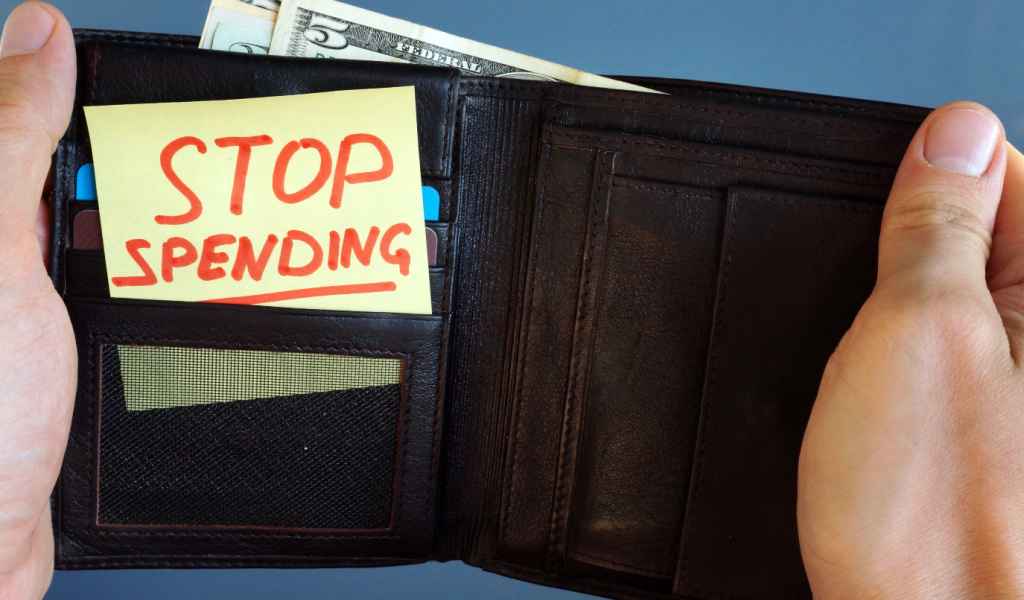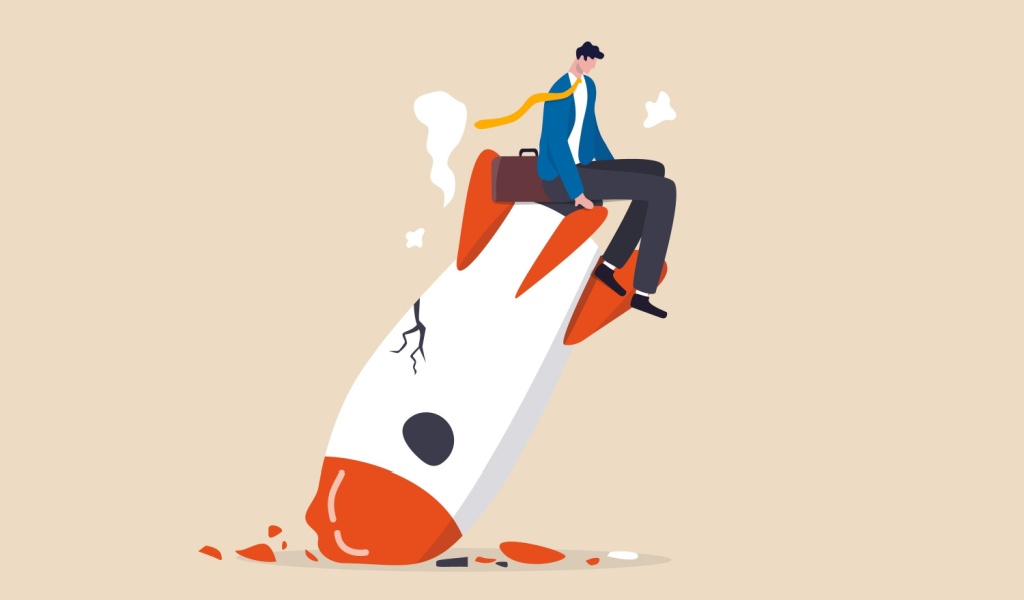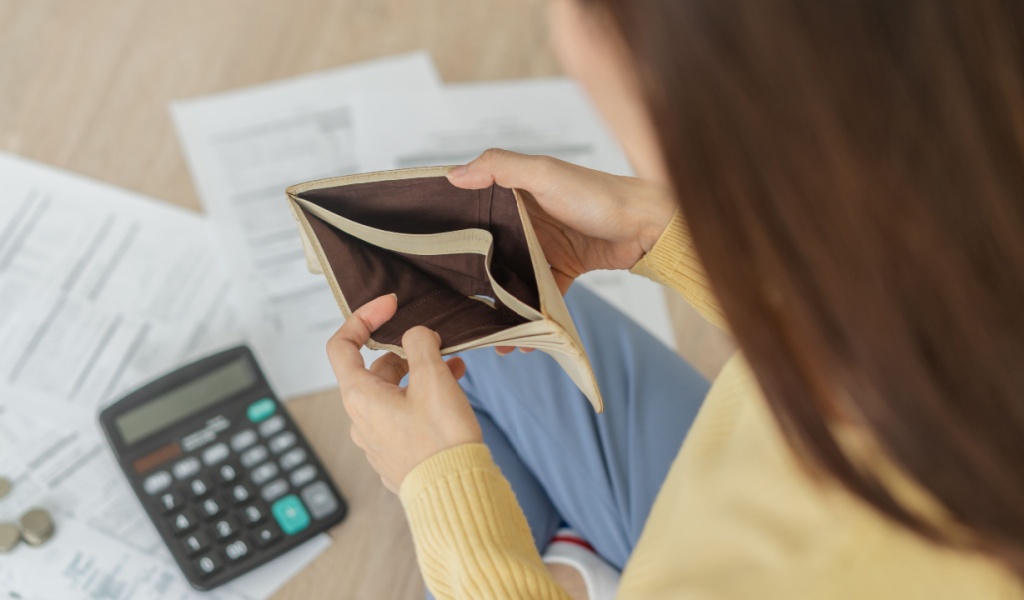Are you tired of constantly running short of money because you’ve been spending way over your budget? Well, this is a problem that’s far more common than many people tend to believe.
Overspending is a serious problem that can lead to some grave financial crises if it isn’t controlled. But in order to get a handle on it, it should be seen beyond the financial perspective; it’s essential to dig deeper into the psychological dimensions of why we tend to overspend to change this extremely damaging habit.

The good news is that you can achieve financial freedom by improving your budgeting skills and reigning in spending habits. However, this requires developing a more organized mindset regarding money matters.
Although healthcare specialists don’t define overspending as a mental illness, the fact is that people who experience financial distress by overspending can be more susceptible to mental health issues. In fact, overspending can be a side effect of depression and anxiety as well.
Let’s look at some psychological reasons for overspending and how to overcome it.
Emotional Impulse Buying
Most human beings have probably been in a situation at some point in their lives where they bought something on impulse. For example, when you go to the mall, you have a good chance of impulse buying something
you don’t need. Similarly, a hungry shopper will purchase way more food than required. According to research, more than 57% of shoppers will spend far more money than they initially planned at the end of a shopping spree.
There is also a powerful psychological trigger behind retail therapy. Sadness is an emotion you feel when you’re not able to control specific outcomes in your life. At such a time, shopping is something that you can control – and this can help reduce sadness. This is also why people will overspend to distract themselves from emotional pain and stress or even resort to overspending as a form of escapism.
The solution:
Make sure that you understand your emotional triggers that cause overspending. Develop healthy coping mechanisms to tackle stress that don’t involve putting a dent in your finances. You can further curb impulse shopping by planning ahead. In addition to making a list of things you need before every trip to the store, you should also have a clear budget that you intend to spend. Carry only as much money as you hope to spend, so you can’t overspend even if you’re tempted to because you don’t have the money to indulge the impulse.
Peer Pressure
We get it; scrolling through social media where you’re bombarded with ads and social media influencers living the high life creates psychological pressure to keep up with the trend. When you buy something others are buying, it signals you “fit in” to the status quo because people tend to view spending as a way to hype their self-worth or status. While bragging about your new purchase might be exciting and entertaining, the novelty of it will wear off with time!
The solution:
Focus on your future financial goals and what you want to achieve. Forget about competing and keeping up with the crowd. Instead, set clear financial goals that will allow you to stay within your budget.
You can jot them down in a journal or put up a picture of something that reminds you of what you’re striving for. If you don’t have the self-discipline to do this alone, share your financial goals with a friend who can help you maintain financial accountability.
Using Credit
When you use cash to make a purchase, you know how much money you are parting with. This leads to something called “the pain of payment.” Conversely, most people wouldn’t even look at the receipt when signing their name when paying by credit. According to research, people with a history of paying by credit card tend to overspend. Moreover, credit card addiction is a severe problem for people who are already struggling with money management.
The solution:
Use credit cards only as a last-resort tool for large purchases, emergencies, or when making purchases that you’re sure you can clear the dues for every month. When you end up buying on impulse on your credit card, it can jeopardize your financial health.

Underestimating Your Expenses
It’s easy to keep a tally of larger expenses like rent, utilities, car payments, etc. But, we tend to underestimate small purchases that can occur throughout the day. Eating out, buying a cup of coffee, or paying for media content online are expenses we don’t even mentally keep a check of. Failing to account for these expenses can make you overspend since there’s no budget or plan to tackle them.
The solution:
Create a budget – and stick to it. Include the minor expenses as well, so you can avoid spending money on things that appear inconsequential but add up considerably by the end of the month.
Buying Things to Demonstrate Status
We don’t realize it, but we are unconsciously buying things that are status symbols. Take, for example, your mobile phone. Even if you purchased your latest iPhone for its features, there is a strong possibility that you want people to notice it and perceive you in a particular way.
When you start spending money to impress people, it can be detrimental to your financial well-being, and it will start growing into an addiction you will not be able to keep up with.
Feelings of low self-esteem and self-worth are also strong correlators to overspending. You would find yourself overspending to impress others or boost your self-image because you believe buying expensive things will make you appear more attractive and successful.
The solution:
Find ways to distract yourself from falling victim to buying only to demonstrate a certain social standing. Rather than attempting to impress people, do something productive for yourself. Start engaging in activities that make you feel happy. Also, if your friend circle is such that you’re constantly pressured into spending so you can fit in, you’d be better off finding a healthier and more compatible group of friends to socialize with. Your finances will thank you, but so will your mental health!



